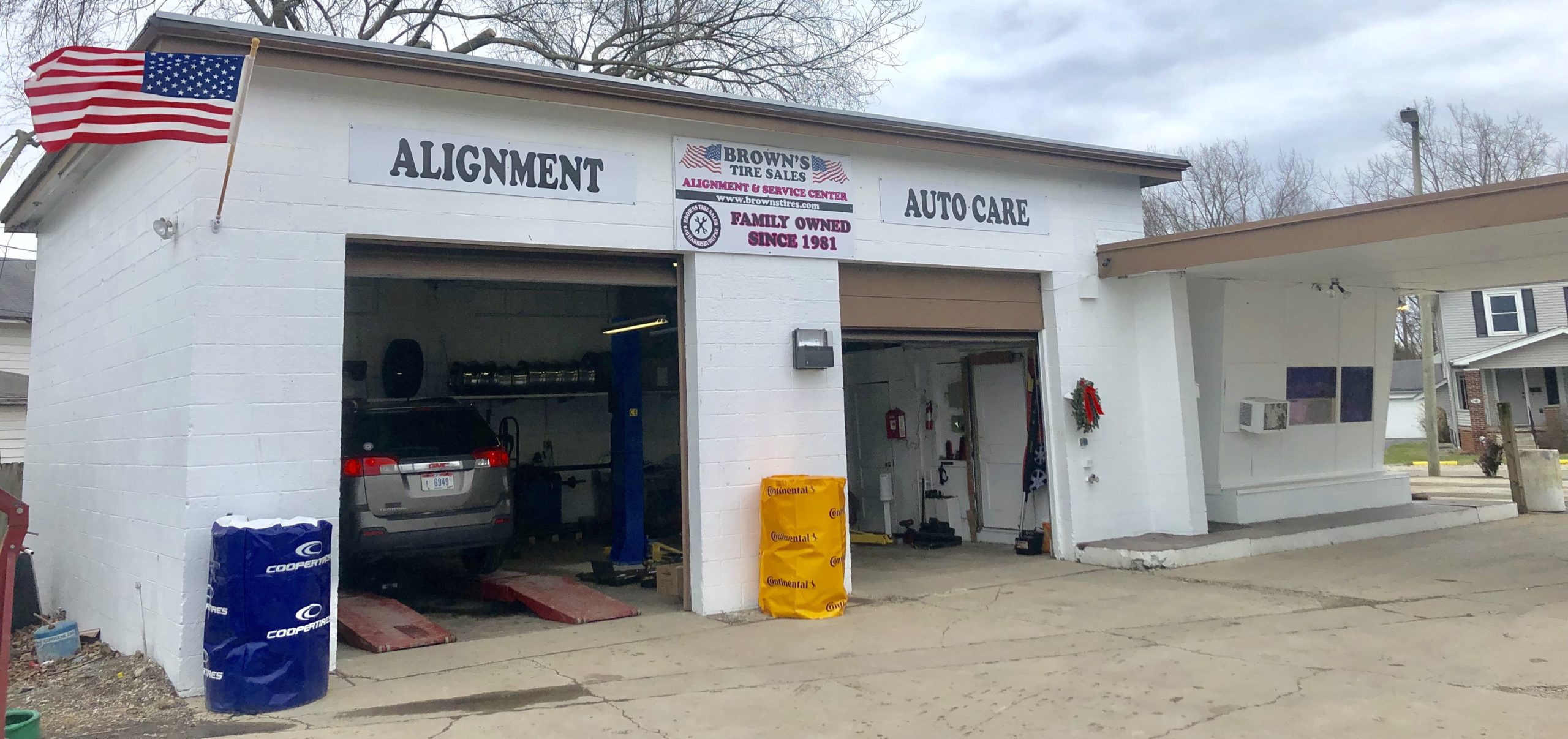Morris Tire Service: Where Accuracy and Performance Converge
Morris Tire Service: Where Accuracy and Performance Converge
Blog Article
The Ecological Advantages of Correct Tire Upkeep
Maintaining correct tire treatment is usually overlooked, yet its influence on the atmosphere is extensive. Proper tire upkeep not only prolongs the lifespan of tires however additionally decreases land fill waste and contributes to enhanced air quality.
Lowered Gas Usage
Improving tire upkeep methods can lead to a considerable reduction in fuel usage for automobiles. According to the United State Department of Power, underinflated tires can decrease gas mileage by 0.2% for every 1 psi decline in pressure in all 4 tires.
Along with tire stress, normal tire turnings and positionings additionally play an essential function in fuel performance. Erratically used tires can enhance gas usage as the engine works harder to keep speed and traction. By maintaining correct positioning and turning tires at advised periods, vehicle drivers can guarantee even wear and lengthen the life of their tires, inevitably saving gas and lowering their carbon impact.
Extended Tire Life Expectancy
Expanding the life expectancy of tires is a crucial aspect of efficient vehicle maintenance methods that can yield cost savings and environmental advantages in the long run. By effectively preserving tires, motorists can dramatically lengthen their functionality, reducing the regularity at which new tires require to be produced and old ones dealt with. This not just preserves useful resources but likewise minimizes the energy and discharges related to tire manufacturing and disposal processes.
On a regular basis inspecting tire pressure, rotating tires, and making sure correct placement are important steps in expanding tire life expectancy. Sufficient step deepness is critical for ideal grip and safety and security, yet it likewise plays a duty in for how long tires can be utilized before requiring replacement. Additionally, preventing aggressive driving habits that increase tire wear, such as harsh stopping and doglegs, can even more enhance tire toughness.
Ultimately, increasing the long life of tires through proactive upkeep not only profits the environment by minimizing waste and preserving resources yet additionally causes set you back financial savings for car owners by postponing the need for brand-new tire acquisitions.
Lower Discharges Output
Reliable tire upkeep methods add to a decrease in emissions result, straightening with environmental sustainability objectives in the auto market. Effectively inflated tires, regularly revolved and aligned, can enhance gas performance, thus lowering the overall carbon dioxide exhausts from vehicles. When tires are underinflated, the engine should work more difficult to propel the automobile, causing boosted fuel usage and greater exhausts. By keeping ideal tire stress degrees, drivers can help reduce these adverse ecological effects.
Additionally, properly maintained tires additionally improve traction and minimize rolling resistance, additionally improving gas effectiveness. This, in turn, reduces the amount of exhaust gases launched right into the look at here now atmosphere. In addition, making sure tires are effectively inflated and straightened can expand the life expectancy of the tires, lowering the frequency of tire substitutes and the connected ecological expenses of tire manufacturing and disposal.

Decreased Garbage Dump Waste
Offered the positive influence of correct tire maintenance on reducing discharges outcome, an additional significant ecological benefit is the possibility for lowered garbage dump waste. By guaranteeing that tires are correctly blown up, straightened, balanced, and rotated routinely, their life expectancy can be considerably extended.

Improved Air Top Quality
Enhancing air high quality via appropriate tire maintenance practices is a vital aspect of lasting ecological stewardship. When tires are underinflated, they develop more rolling resistance, causing enhanced gas usage and greater exhausts of hazardous pollutants such as carbon monoxide gas and nitrogen oxides. Appropriately filled with air tires not just improve gas efficiency yet likewise decrease the quantity of toxins released right into the air.
Furthermore, well-maintained important source tires with appropriate tread depth and placement add to more secure motoring problems, minimizing the likelihood of accidents that can result in the launch of added toxins right into the atmosphere. By prolonging the lifespan of tires via normal maintenance and turning, fewer tires are disposed of prematurely, lowering the ecological influence of tire disposal and manufacturing processes.
Conclusion
In verdict, correct tire maintenance offers countless environmental advantages. By decreasing gas usage, prolonging tire life-span, reducing discharges output, reducing landfill waste, and boosting air quality, individuals can add to a much healthier world. These efforts not just benefit the setting but also help to preserve resources and lower overall environmental effect. It is essential for individuals to prioritize tire upkeep as a simple yet reliable method to protect the atmosphere for future generations.
Correct tire upkeep not just expands the life-span of tires but likewise reduces land fill waste and contributes to enhanced air quality - morris tire. By preserving correct positioning and revolving tires at advised intervals, motorists can make certain even use and extend the life of their tires, ultimately saving fuel and minimizing their carbon impact
By appropriately preserving tires, vehicle drivers can dramatically extend their usability, reducing the regularity at which new tires require to be made and old ones disposed of.Frequently examining tire pressure, turning tires, and ensuring appropriate placement are crucial steps in prolonging tire life-span. Furthermore, ensuring tires are properly inflated and aligned can expand the life expectancy of the tires, decreasing the frequency of tire replacements and the associated ecological prices of tire production and disposal.
Report this page